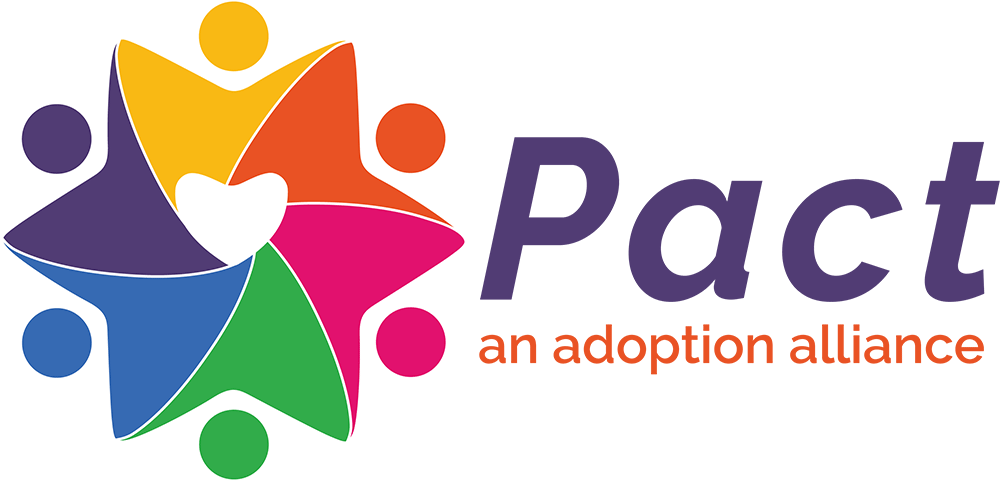Book Review:
White Parents, Black Children: Experiencing Transracial Adoption
by Darron T. Smith, Cardell K. Jacobson, and Brenda G. Juárez, with a foreword by Joe R. Feagin
reviewed by Frank Ligtvoet
2013
Each time I walk with my two African American children to their favorite playground in downtown Brooklyn, we pass the statue of abolitionist Henry Ward Beecher. At the feet of this imposing figure we see a poorly-dressed female slave looking up to him in adoration. When you ask white people about the statue, most answer in terms of history or art history. Black people react differently: their response can be summarized as “Ouch.” Black people recognize the statue not only as a memorial to the end of slavery, but also as a validation of a hierarchical, racist worldview, where the white man is the individualized hero and the nameless Black female victim a token for her race. For myself, as a white parent of Black kids, it took a while before I could read the narrative as a white one.
The book White Parents, Black Children: Experiencing Transracial Adoption (Rowman & Littlefield, 2011) takes very seriously this gap between white and Black in understanding the world around us: that is, recognizing that this world was designed by and for white people, while exploiting and excluding non-white people. A somewhat academic text on a highly personal topic, White Parents, Black Children takes up such essential questions as: What do white parents know about race? How do they see themselves in terms of race? How do they value whiteness? How do they value people of color? What do they convey to their children about race in their words and actions? What effect do the beliefs and ideas of white transracial adopters on race have on their adopted children’s sense of self? How do they deal with the racism with which their kids are confronted? The authors find answers not only in the latest literature, but also in interviews with adoptive parents and adoptees.
In 2003, when my partner and I were preparing to adopt, we heard about the strong position Black social workers took in 1972 against transracial adoption, but the impact of that message was softened by reading about research from the 1970s and 1980s that showed positive outcomes in studies of adjustment in transracial adoptees. What White Parents make clear is that there is more recent, more sophisticated research about identity development and cultural socialization, with different and far more cautionary results that ring true with regard to the navigation that is required for Black adults raised by white parents in largely white environments (the interviews all occurred with Utah residents). This information didn’t reach us when we were preparing to form our family.
In his powerful preface to White Parents, Joe Faegin states:
“[M]ost white parents are not only unprepared to raise black children, but [are] often unconsciously or half-consciously racist in their everyday operations and actions in regard to their children, because they too operate out of the dominant racial frame.”
While it is not stated outright, the argument that this book implicitly makes is that white parents are indeed not the best parents for Black children: Black children would be better off if raised by Black parents. Of course this argument might be painful for some of us. The authors do realize that, and make a point of complimenting the adoptive parents they interviewed for their research. Those parents were “the most amazing and loving people,” who were “highly competent, caring, conscientious, concerned.” While some may find these words reassuring, I personally did not find them necessary: this book is not a critique of any individual’s parenting skills, but a pointed look at a bigger picture, in which transracial adoption is, and in my opinion should be, second-best to same-race families.
The final chapter, “Practical Advice for White Adoptive Parents,” addresses the pressing question on my mind, ‘How can we become better, or at least good-enough, parents for our black kids?” A key point from this section:
“If White parents are going to adopt Black children….they must be willing to put in the time and do the work of unlearning White racial frames, preferably before the child becomes a social experiment.”
“Unlearning” is a major undertaking and not easily done alone. Where to begin? Adoption agencies, who should educate parents before an adoption ever takes place, don’t seem to be interested in taking the lead in complicating, rather than easing, the road to adoption. And not all communities in the U.S. have organized groups for transracial families with Black children, where parents could find support. “Unlearning” means further distancing one’s self from the white majority, stepping out of the white comfort zone, often with the consequence of alienation from family and friends.
Conscious transracial parenting, where the accent is on race, is not easy. We can work every day to do it better. We can ask ourselves hard questions about whether we are making choices at the expense of the welfare of Black children. Reading White Parents, Black Children leaves white parents with the essential and very personal question: Am I willing and able to fundamentally change, if and when I decide to parent a Black child?
Frank Ligtvoet and his partner, transracial adoptive parents of an African-American son and daughter, are the founders of a support group for adoptive families with children of color in New York.
